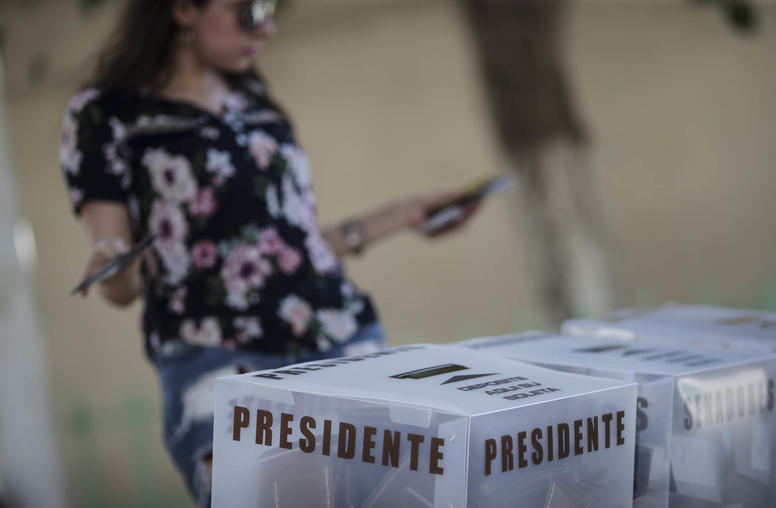How to Strengthen Security Sector Assistance
The objective of U.S. security sector assistance is to help build effective, accountable, responsive, transparent and legitimate security sectors in partner nations to address common security risks. Such actions ultimately benefit U.S. national interests, but despite successes, policymakers and practitioners are confronting an effectiveness gap between what they want security assistance to achieve and what is happening in the field. To close this gap, it is important to take a hard look at a recurring yet overlooked phenomenon: elite capture, whereby elites use security sectors to pursue gains contrary to the public interest.
Since 2019, USIP — in partnership with USAID — has convened a working group to study how elite capture in security sectors contributes to violence. Using case studies from Afghanistan, Mexico, Uganda and Ukraine, the working group’s newly released final report, “Elite Capture and Corruption of Security Sectors,” distills the phenomenon of elite capture and examines how U.S. assistance affects the dynamics, rationales and tactics of elite manipulation.
On May 5, USIP hosted a conversation with the working group’s co-chairs as they presented findings from the final report. The discussion examined how elite capture of security sectors abroad can undermine the effectiveness of U.S. security sector assistance and drive violence — and what policymakers can do to make security sector assistance more effective.
Continue the conversation on Twitter using #EliteCapture.
Speakers
Lise Grande, welcoming remarks, moderator
President and CEO, U.S. Institute of Peace
Robert Jenkins, opening remarks
Assistant to the Administrator, USAID Bureau for Conflict Prevention & Stabilization
Ambassador Karl Eikenberry
Former U.S. Ambassador to Afghanistan; Former Lieutenant General, U.S. Army (retired)
Ambassador Dawn Liberi
Former U.S. Ambassador to Burundi
Ambassador Anne Patterson
Former U.S. Ambassador to Colombia, Egypt, El Salvador and Pakistan; Former U.S. Assistant Secretary of State for Near Eastern Affairs
Ambassador William Taylor
Former U.S. Ambassador to Ukraine; Vice President, Russia and Europe Center, U.S. Institute of Peace


